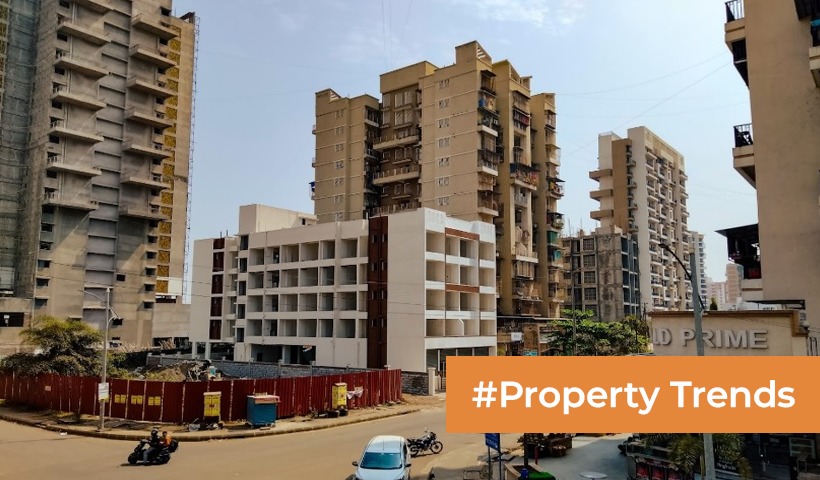Global Private Credit Investors Drawn to India’s Booming Real Estate Sector
In the wake of China’s property market woes, global private credit investors are increasingly turning their attention to India, where Prime Minister Narendra Modi’s infrastructure initiatives are driving up property prices. In the first six months of 2023, more than $4 billion in private credit flowed into India, with more than half of that going to real estate, according to a report from Ernst & Young. That’s up from $4.3 billion in the entire year of 2022. According to fund managers surveyed by Ernst & Young, private real estate deals are expected to continue to grow over the next year and a half. “India has benefitted from the shift in sentiment away from China, partly due to strong economic fundamentals,” said Edwin Wong, partner and head of Ares Management.
India is set to overtake China this year as the world’s most populous country, according to United Nations projections, and it is also set to overtake China in terms of economic growth. India’s economy grew at the fastest pace of any major market in the world last year and is projected to do so again in the fiscal year 2024 when growth is estimated to be 6.3%. When one considers India’s track record of economic growth in recent years, its attractive demographics, and its stable and stable government, which has been implementing reforms that have helped attract foreign investors to the country, the story of India’s economic growth looks promising, Wong said.
Private credit investors offer loans in transactions where bank financing is not available. They cater to a specific market in India where regulations restrict banks’ capacity to finance or lend in property transactions, particularly in the initial stages of land acquisition. In the aftermath of the COVID-19 pandemic, there has been a shift in consumer preferences towards home ownership and larger homes,” said JLL Capital’s head of land & capital markets for north and west India, Nishant Kabra. “This sort of shift has continued and it doesn’t seem to be slowing down,” he added. “Residential has been setting new records quarter after quarter,” Kabra said. “This has led to more liquidity entering the system, which has encouraged real estate developers to be more aggressive in land acquisition.”
India’s real estate sector accounts for 6-7% of GDP and is expected to double by 2025 according to the India branch of accounting firm Grant Thornton. The country’s $1 trillion real estate market is projected to grow to $2 trillion by 2030. With Prime Minister Modi’s emphasis on infrastructure spending to boost economic growth, India’s capital investment in infrastructure increased by 33% in the full budget earlier this year. This type of capital investment in roads, railways, and low-cost housing will accelerate India’s fast-paced urbanization, exacerbating housing shortages. “A large portion of the capital needed to fund India’s growth is going to be from the private sector,” Wong said.
India’s 2016 real estate regulatory act and recent bankruptcy codes have raised investor confidence, but the intricate land leasing and approval process remains challenging for outside investors. Working in private credit allows investors to work alongside some of the biggest names in the equity market,” MSCI’s Benjamin Chow, senior research analyst for Asia Commercial Real Estate Capital Markets, said. “Private credit focuses on a relatively safer part of the equity stack because investing via debt instead of equity provides a greater cushion against losses.” “There have only been a handful of explicit investment announcements about scaling back in China while increasing in India,” Chow said, “but the overall appetite for Chinese real estate has declined among global institutional investors.”




